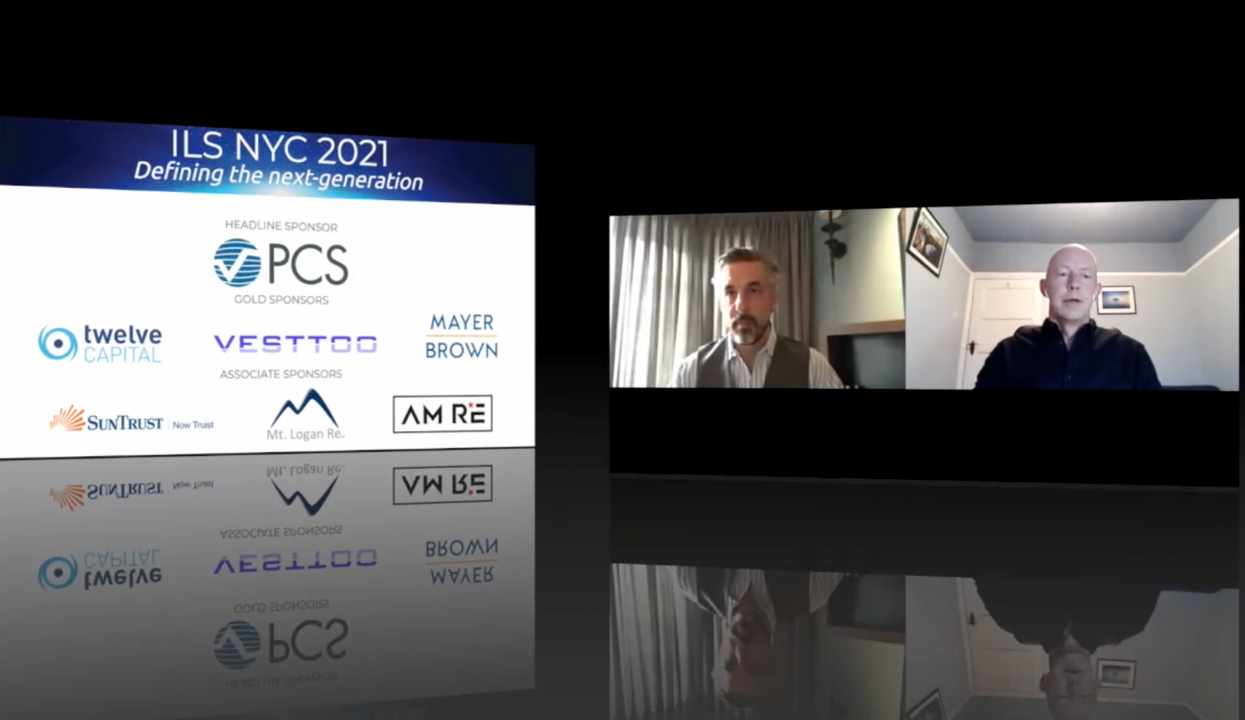The use of advanced technologies alongside thoughtful risk capacity to create new products that support a more sustainable world and improved risk taking is vital, according to Barney Schauble, Head of Labs at Nephila Advisors.
 The universe of responsible and sustainable investors is on the rise with participants in many global industries increasingly looking for environmental, social and governance (ESG) qualities.
The universe of responsible and sustainable investors is on the rise with participants in many global industries increasingly looking for environmental, social and governance (ESG) qualities.
The risk transfer space is no exception and in recent times, ESG has been a growing industry topic.
As executives at global re/insurers increasingly discuss ESG principles, the subject has also become a common theme in the insurance-linked securities (ILS) space, with capital markets investors eager to adopt more ESG friendly investments.
In light of this, Schauble of Nephila Advisors recently commented on the ESG and impact opportunity in ILS, as part of Artemis’ fifth annual ILS conference in New York City, held virtually in early February.
Ultimately, Schauble feels there’s a huge opportunity for the ILS asset class to take advantage of the significant amount of capital looking to be deployed in an ESG friendly way.
He explained that although the natural starting point for ESG in risk transfer has focused on excluding, with undesirable risks being filtered out, the evolution into new products is a vital part of the puzzle and one that opens doors to more of a blue ocean strategy.
“There are a lot of problems that people have that they don’t have the solution for, and that just is frankly a more interesting strategy. And, whether that’s the original idea of taking capital outside of the traditional insurance industry and opening the door to a much broader universe of risk takers. And, we think that’s true today for risk,” he explained.
The development of new products isn’t anything new for Nephila, the world’s largest ILS manager. One specific area of new product development relevant from an ESG perspective, said Schauble, is the firm’s work around renewable energy.
“As renewable energy started to grow and we started to have conversations with operators of hydroelectric plants, for example, they were saying they really didn’t have any sort of risk management option for the natural variability of rainfall. So, developing what was originally a weather derivative type of contract, but ultimately evolved into a more comprehensive revenue protection product for renewable energy facilities.
“That took a lot of time from the germ of the idea and through a lot of product generations, it was really more than five years from the initial thesis to actually creating something that we could execute.
“But, now we’ve executed dozens of these types of proxy revenue swap, or related products. That takes a lot of time but it solved a problem that really wasn’t solved in the industry,” he said.
Schauble went on to explain that while Nephila’s natural approach to this has been around weather or climate risk, there are adjacent areas, such as biofuel manufacturing, equipment decay and non-damage business interruption, to name just a few.
“There’s a whole host of other risks which are out there where you can apply technology, you could apply some thoughtful risk capacity and develop new products. And, we think that’s going to be critical to the ultimate goal of a more sustainable economy and better risk taking,” said Schauble.
The session, which was broadcast first to event registrants on Monday 8th Feb, can now be viewed below:
Every session from ILS NYC is now available more broadly via our Artemis Live video channel and audio versions are available via our podcast as well.
 View all of our Artemis Live video interviews and subscribe to our podcast.
View all of our Artemis Live video interviews and subscribe to our podcast.
All of our Artemis Live insurance-linked securities (ILS), catastrophe bonds and reinsurance video content and video interviews can be accessed online.
Our Artemis Live podcast can be subscribed to using the typical podcast services providers, including Apple, Google, Spotify and more.































